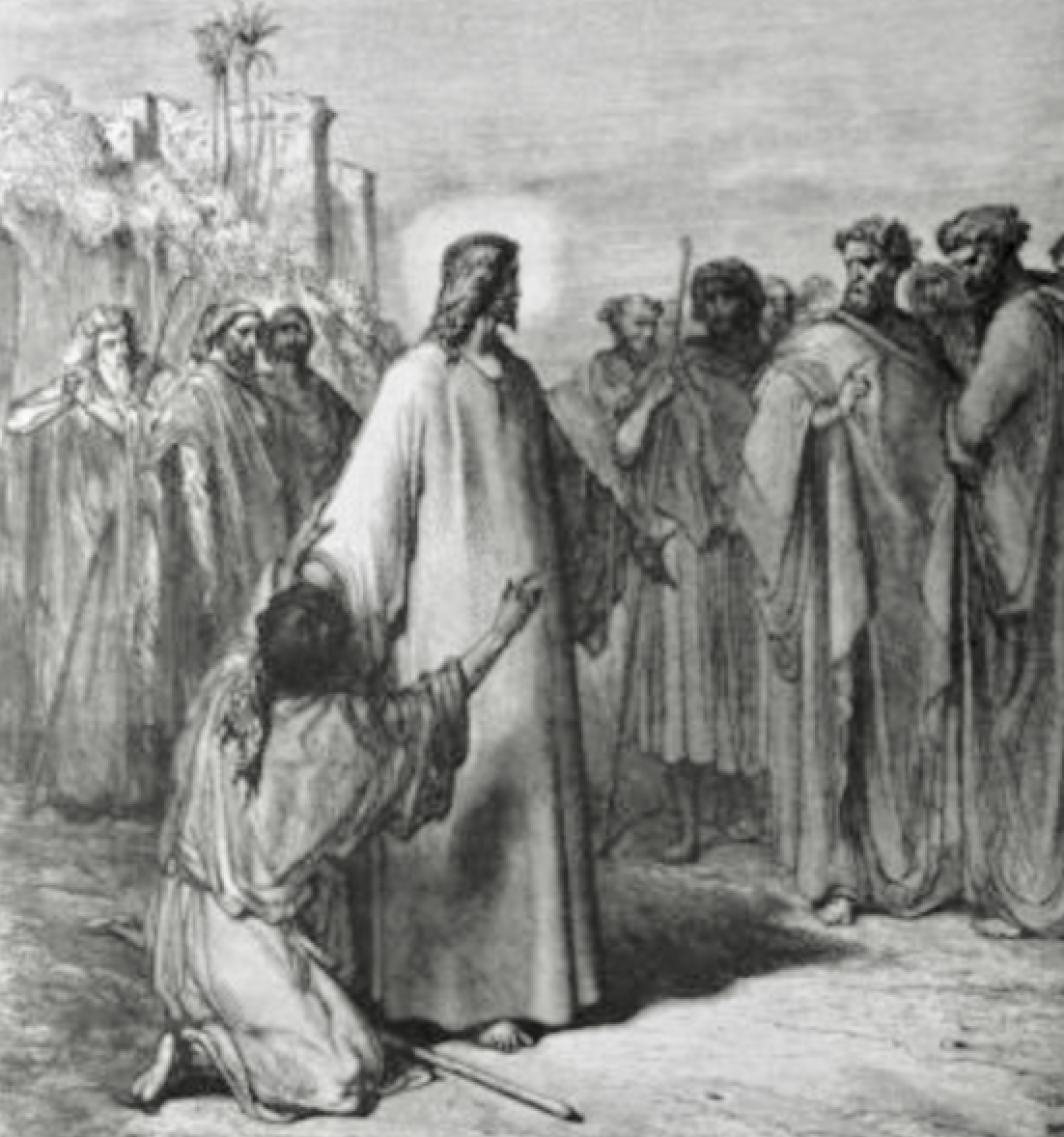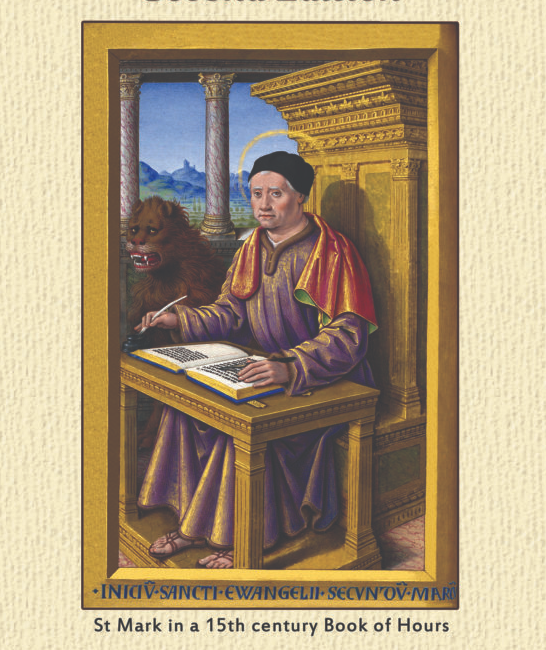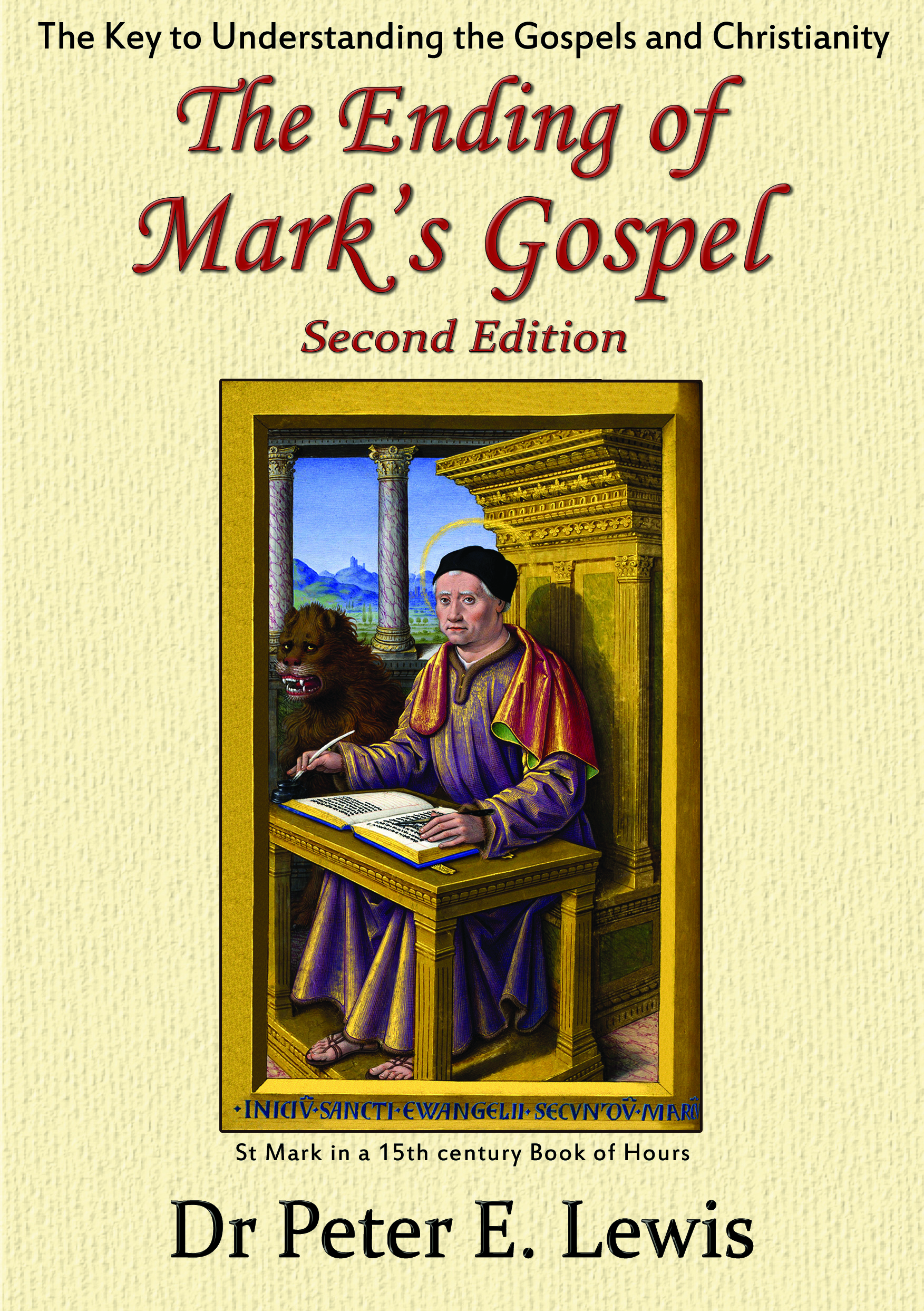The Second Coming of Christ is an erroneous idea that developed among Christians in the last third of the first century AD. It weakened the assurance that the first Christians had that the kingdom of God had come.
I do not know. Nobody knows. There is no certainty in religion: faith and doubt must go hand-in-hand.
In his important book, "Liberating the Gospels: Reading the Bible with Jewish Eyes", John Shelby Spong pointed out that the followers of Jesus who wrote about his life were all Jews
The religious culture in which Jesus lived was the sacrificial culture centred on the temple in Jerusalem. It provided the background to his thinking and that of most other Jews including Paul, and the idea of sacrifice continued to influence the thinking of the first Christians.
I have come to realize how different Jesus was and that his life before his baptism was the foundation for what became Christianity. Although his mission began suddenly when he was about 30, his previous experience must have provided the motivation for what he said and did.
Mark wrote his gospel in Rome in about 52 AD. Such an early date is very much a minority view these days, but the more I investigated the matter the more convinced I became. The date is important because if Mark wrote only about twenty years after Jesus’ crucifixion it supports the essential truthfulness of his account.
I have been thinking about the ending of Luke’s gospel. Luke’s ending (24:1-53) is based on Mark’s ending (16:1-20) and is a modified and magnified version of it. When this is realized one can work out how Luke’s ending developed into its final form. Also one needs to understand that during this period of development a pro-Peter group had become powerful in Rome.
The Key to Understanding the Gospels and Christianity
Scholarship and determined exploration of ancient sources for the canonical gospel of Mark has brought great rewards for the writer and readers of The Ending of Mark's Gospel.








